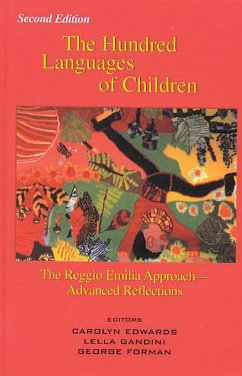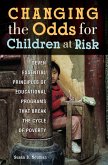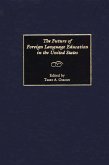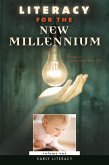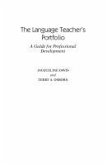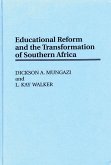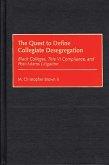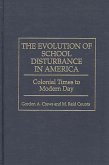The city-run early childhood program of Reggio Emilia, Italy, has become recognized and acclaimed as one of the best systems of education in the world. Over the past forty years, educators there have evolved a distinctive innovative approach that supports children's well-being and fosters their intellectual development through a systematic focus on symbolic representation. Young children (from birth to age six) are encouraged to explore their environment and express themselves through many languages, or modes of expression, including words, movement, drawing, painting, sculpture, shadow play, collage, and music. Leading children to surprising levels of symbolic skill and creativity, the system is not private and elite but rather involves full-day child care open to all, including children with disabilities. This new Second Edition reflects the growing interest and deepening reflection upon the Reggio approach, as well as increasing sophistication in adaptation to the American context. Included are many entirely new chapters and an updated list of resources, along with original chapters revised and extended. The book represents a dialogue between Italian educators who founded and developed the system and North Americans who have considered its implications for their own settings and issues. The book is a comprehensive introduction covering history and philosophy, the parent perspective, curriculum and methods of teaching, school and system organization, the use of space and physical environments, and adult professional roles including special education. The final section describes implications for American policy and professional development and adaptations in United States primary, preschool, and child care classrooms.
Bitte wählen Sie Ihr Anliegen aus.
Rechnungen
Retourenschein anfordern
Bestellstatus
Storno

